We Help Patients Experiencing a Range of Urologic Cancers
Our Urology specialists offer personalized consultations, treatment plans, and specific procedures to help patients experiencing a variety of urological cancers relating to their urinary or reproductive systems.

Urologic oncology is the field that helps patients with a variety of cancers that affect the urinary system in both adult men and women. Common urologic cancers that can affect both men and women are bladder cancer, urethral and kidney cancer. Men can also experience cancers of the prostate, penis and testicles.
Our team of specialist urology doctors are very experienced in urologic oncology and will help you to understand the cause of your symptoms and discuss the best treatment plan for your specific circumstances. Call us to book an appointment.
Urologic Oncology - Cancer Treatments
Our experienced team of urology surgeons help many male and female patients to diagnose their symptoms, determining the best treatment plan for their individual circumstances.
Call us for a confidential and personalized discussion to address your concerns and symptoms or book an appointment today.
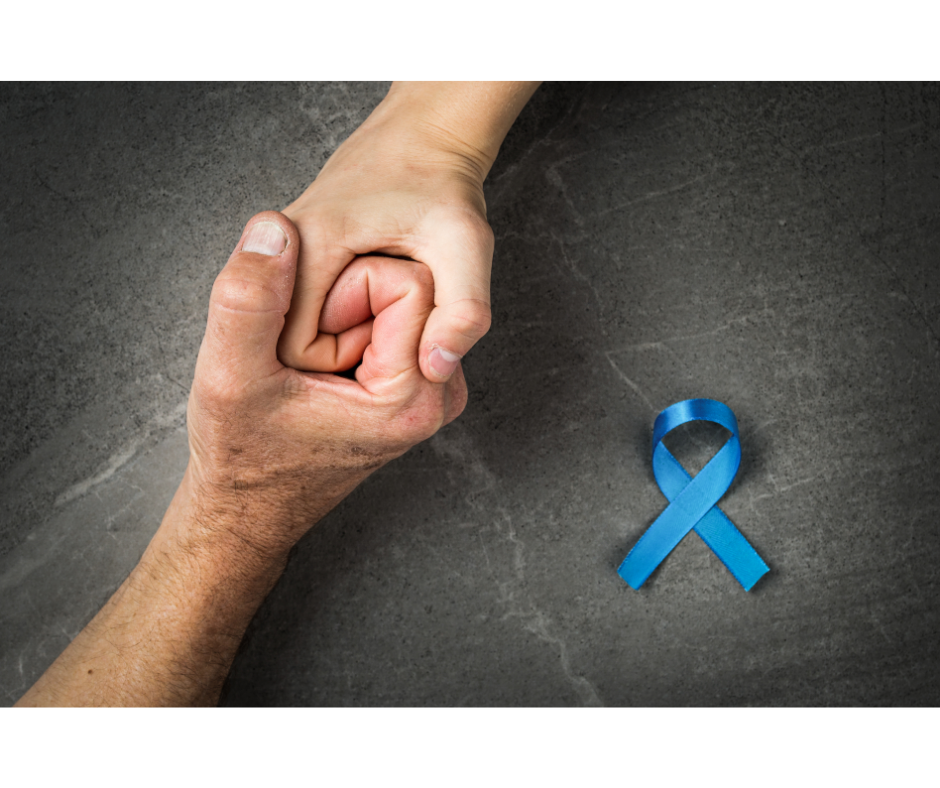
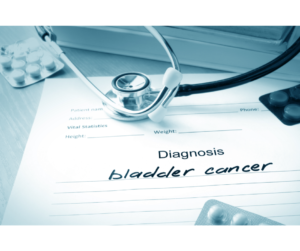
Bladder Cancer
Bladder cancer can be formed when cells within the bladder grow abnormally. When bladder cancer is present, there will be one or more bladder masses within the bladder. The bladder wall has many layers, which are made up of many different types of cells. Most bladder cancer begins in the urothelium or transitional epithelium, the lining inside of the bladder.
A cancer that is restricted to the lining of the bladder is called non-muscle-invasive bladder cancer. If it grows into the muscle, it’s referred to as muscle-invasive bladder cancer and is associated with a poorer prognosis.
Diagnosing Bladder Cancer
Bladder cancer is usually diagnosed at an early stage because it causes lower back discomfort and during urination early in its development. It can also cause hematuria (blood in the urine), which often sends people to the doctor very quickly.
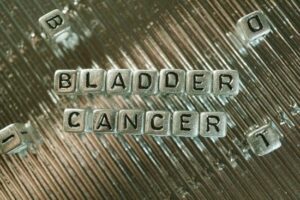
Causes of Bladder Cancer
Bladder cancer tends to be associated with tobacco or other cancer-causing agents. This is why nearly a third of bladder cancer cases are associated with smoking. Some other causes of bladder cancer can be linked to genes and certain types of infection.
Other chemicals that are related to bladder cancer include arsenic, and other chemicals used in the manufacture of dyes, rubber, leather, textiles, and paint. These chemicals have since been removed from most industries, but can still affect older patients. Older generations may have been exposed to these carcinogenic substances, particularly men, which may be why bladder cancer is more common in men.
Bladder Cancer Treatments
Non-muscle invasive cancer is easier to treat because the cancerous cells can be removed from the inside lining of the bladder. This leaves the muscle intact, making recovery in good order, so that rejuvenation and recovery is feasible. The procedure is known as transurethral resection of the bladder tumor, which is followed with chemotherapy or doses of a medicine known as BCG. Alternatively, muscle-invasive bladder cancer (or high-risk non-muscle-invasive) can be treated by surgical removal of the bladder, in a procedure known as cystectomy.
Bladder Chemotherapy
It is a concerning time if you have been diagnosed with bladder cancer. Our highly-skilled and compassionate team of specialists will help you understand your best treatment options.
Sometimes, the bladder can be saved in the early stage of bladder cancer. If so, a procedure called transurethral resection (TUR) will remove any small tumors before starting chemotherapy. Bladder chemotherapy is usually called intravesical chemotherapy, and it’s designed to prevent cancer from coming back. Depending on your risk profile, you may have a single dose of chemotherapy or doses once a week for six weeks.
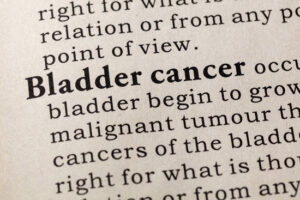
What to Expect During Treatment
In the early stage of bladder cancer, if your doctor decides that there is a chance that the bladder can be saved, they will remove any small tumors, a procedure called transurethral resection (TUR). Then you will probably need to start chemotherapy.
This type of chemotherapy is usually called intravesical chemotherapy, and it’s designed to prevent cancer from coming back. You may have a single dose of chemotherapy or doses once a week for six weeks, depending on your risk of cancer recurrence.
Common Side Effects
Bladder chemotherapy offers fewer side effects than other types of chemotherapy as it is injected into the veins of the bladder and directly absorbed into the lining. Some people may experience side effects such as:
- Bladder irritation, which can involve frequent urge to urinate, urge incontinence or an uncomfortable feeling, or some pain
- Blood in the urine should be monitored and discussed with your doctor if it gets worse with time
- Skin rash or itching
- Urinary tract infections (UTIs)
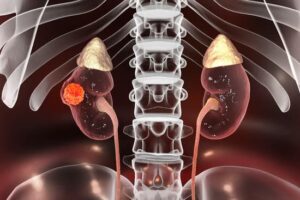
Kidney Cancer
The main function of our kidneys is to filter our blood. There are instances where masses are developed inside the kidneys. It is important to have masses checked to see if they are cancerous or not.
Risk Factors for Kidney Cancer
Although there is no known cause of kidney cancer, some risk factors that are associated with it include:
- Obesity
- Smoking
- High blood pressure
- Genetics (family history)
- Long-term dialysis (used in cases of kidney failure to clean the blood).
Other Medical Interventions
Kidney cancer is one of the most common cancers in the United States. This type of cancer is more common in men than women.
Symptoms of kidney cancer:
- Hematuria (blood in urine)
- Flank pain
- Low back pain
- Loss of appetite
- Weight loss
- Anemia
If you are worried about your symptoms talk to us today
Read more about other urological conditions and procedures at:
Prostate Cancer
Prostate cancer (apart from skin cancer) is the most common cancer in men worldwide. It is also the second most common cause of death from cancer in men after lung cancer. Each year, almost 2 million people are diagnosed with prostate cancer worldwide. The American Cancer Society estimates that 240,000 new cases of prostate cancer will be diagnosed in America in 2021 and that there will be around 26,000 deaths from the disease.
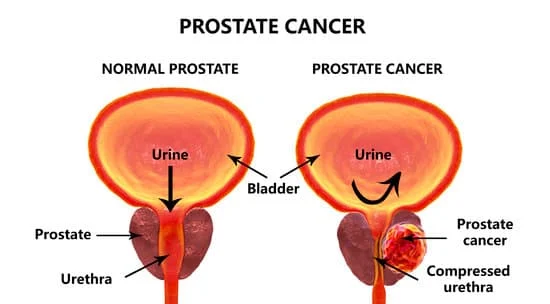
This type of cancer develops in the prostate cells. The prostate is located between the bladder and the penis. It can be difficult to diagnose because it doesn’t usually produce symptoms until the later stages. That’s why it is important that men get their prostate regularly tested as they get older.
What is prostate cancer?
The prostate gland is a walnut-sized organ located below the bladder. It produces a portion of seminal fluid, which helps carry sperm.
Prostate cancer is a type of cancer that develops in prostate but can spread to other parts of the body at an advanced stage.
Early detection is critical with this type of cancer, as most prostate cancers are slow-growing and can be cured with treatment.
Some grow so slowly that they can be observed, but it is important to get tested so you can catch any problems early if they do develop.

Symptoms
In its early stages, prostate cancer often has no signs or symptoms. It means you could have advanced-stage cancer before your symptoms start. That said, some early signs of prostate cancer may include:
- Difficulty urinating or increased frequency
- Blood in urine or semen
- Sudden urges to urinate may also leave you feeling dizzy
- Problems with sexual function/potency
- Constipation
- Getting tired quickly after minor activity
- Pain in your lower back, hips, or thighs can sometimes indicate the spread of prostate cancer.
Unfortunately, many men assume that any urinary difficulties are due to an enlarged prostate or Benign Prostatic Hyperplasia (BPH). This can lead to a delay in diagnosis and treatment, which is why regular checkups are essential, especially as men get older.
Causes / Risk Factors
Family history – If your father, uncles, or brother(s) have been diagnosed with prostate cancer, you may be at a higher risk for developing it. You may also have increased risk if your mother or other female relatives have had breast cancer, ovarian, or uterine cancer.
Obesity – Men with obesity are more likely to develop prostate cancer than men who maintain a healthy weight.
Age – Prostate cancer typically develops in men over 50 years old, although some develop it earlier and others later.
Diet – A diet low in lycopene has been associated with an increased risk of developing prostate cancer, while high intakes of fat and meat have been linked to a higher risk of aggressive forms of prostate cancer.
Physical activity – There’s evidence that exercise can help lower your chances of getting prostate cancer.
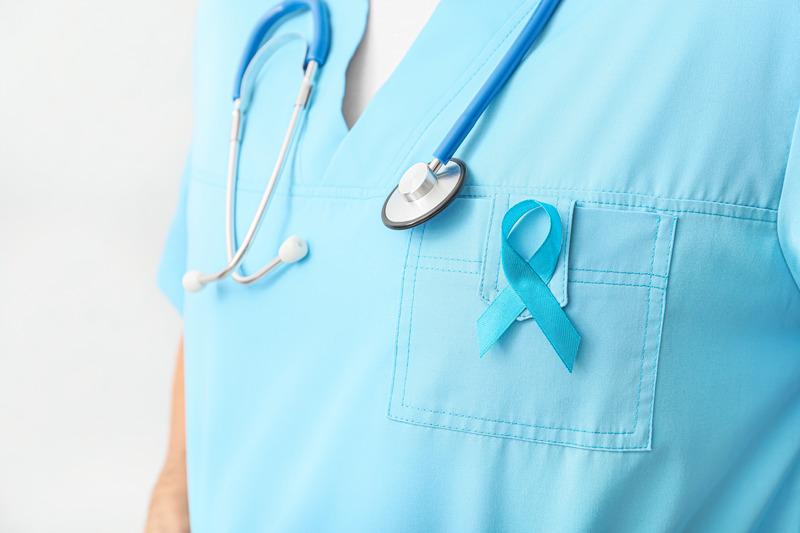
Hormonal treatment for Prostate Cancer
Hormone treatment is one of the four primary forms of treatment for prostate cancer, in addition to surgery, chemotherapy, and radiation therapy. Hormone therapy is commonly used to treat prostate cancer and works by targeting male hormones called androgens.
Hormonal treatment involves using drugs to disrupt the production or action of male sex hormones (e.g, testosterone). For this reason, hormonal therapy is also known as chemical castration because it uses chemicals to stop the body from producing male sex hormones. The impact is temporary and reversible as the effects are only active whilst taking the medication.
Prostate cancer cells need male sex hormones to grow. So, when you block the production and action of these hormones, the progression of prostate cancer is significantly reduced.
Although hormonal treatment can be effective for treating prostate cancer, it does come with its share of potential side effects and risks, which you should know before starting treatment.
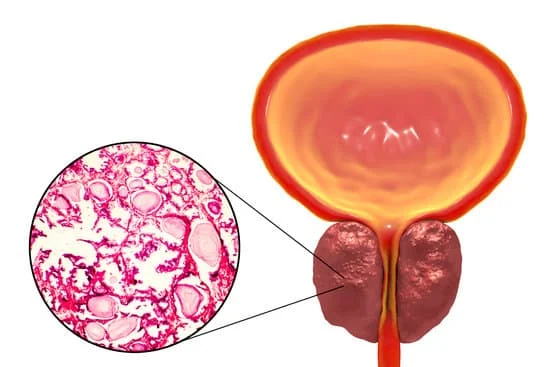
3 Types of Hormone Therapy
LHRH agonists: Luteinizing hormone-releasing hormone agonists are synthetic hormones that interfere with natural hormones that produce male sex hormones. It is also known as androgen deprivation therapy.
Antiandrogens: These drugs, also known as androgen receptor blockers, do not prevent the production of male sex hormones but block their action in the body. Antiandrogens are normally used in combination with androgen deprivation therapy (ADT).
Androgen synthesis inhibitors are more effective than any other form of treatment because they stop the synthesis of male sex hormones throughout the body. They are different from ADT as they target all body tissue that produces male sex hormones.
How It is Performed?
The first step toward hormonal treatment is a consultation with your doctor. They will review your medical history and order blood tests to assess your hormone levels and check for other underlying conditions.
If you’re diagnosed with prostate cancer, several options are available, including watchful waiting, surgery, and radiation therapy.
But if your cancer has spread beyond its initial site or it’s become incurable, hormonal treatment may be an option.
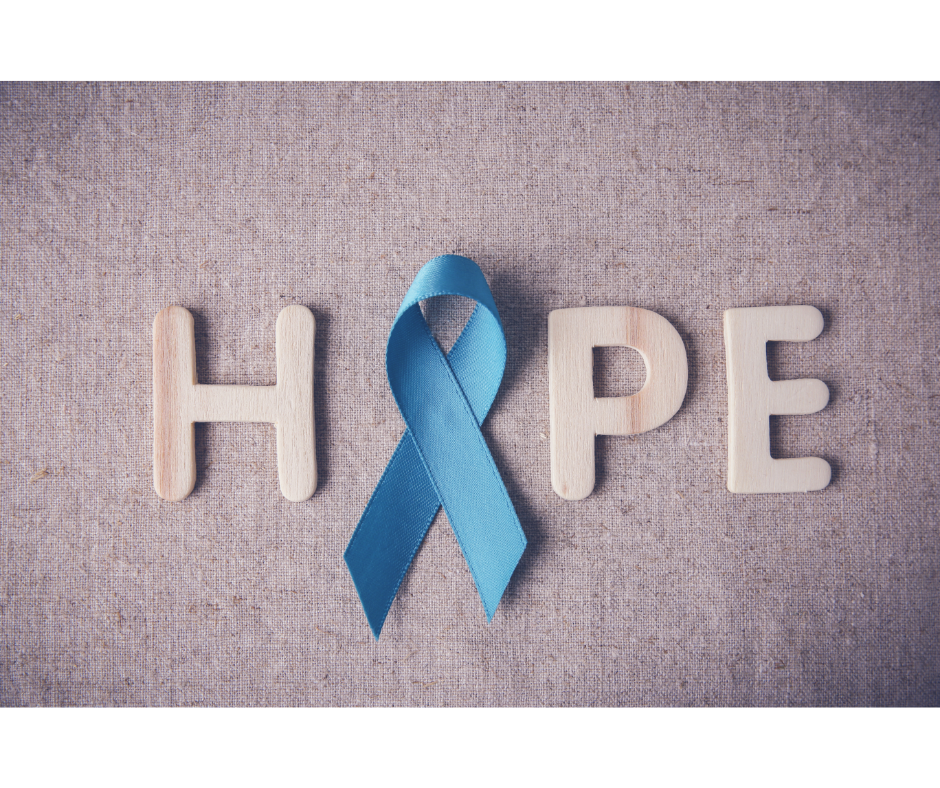
Are there any side effects?
Because these drugs target hormones, there is always a risk of side effects. The most common side effects include:
- Hot flashes
- Weight gain
- Sexual dysfunction
- Loss of energy or fatigue
- Decreased body hair
- Loss of muscle mass
If you’re experiencing any of these symptoms, talk to your doctor about how to deal with them.
Though many people find hormonal treatment effective in controlling their cancer growth and preventing disease progression, it may not be suitable for everyone.
Talk to your doctor about whether it’s right for you.
Stop worrying! Take action today!
Talk to us TODAY
and guide you to the best possible solution.
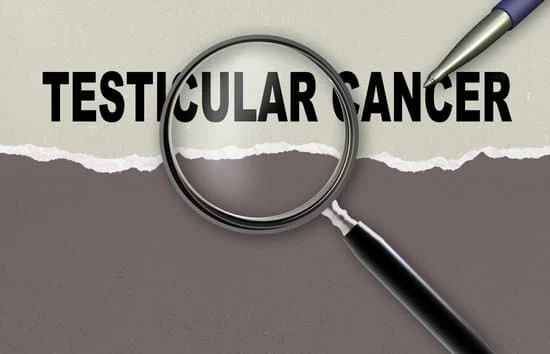
Testicular Cancer
Testicular cancer is the most common cancer among men aged 20 to 40 years, and it affects men aged 20 to 34 more than any other age group. It occurs when cancer cells develop in the testes or testicles. Often the patient or doctor will identify unusual lumps in the testicles during a physical examination. It can be diagnosed with testicular ultrasound and blood tests. While this kind of cancer only accounts for 1% of all cancers diagnosed each year, it’s important that men know what signs and symptoms to look out for to receive treatment as soon as possible if they do develop testicular cancer.
Risk Factors
The two biggest risk factors for testicular cancer are age and genetics.
Testicular cancer more often affects men aged 20 to 40 years old. So if you have a family history of testicular cancer, talk to your doctor about screenings at an earlier age as you have an increased risk of developing testicular cancer.
Diagnosis and Treatment
If you notice a lump in your testicle, contact your doctor immediately. Your doctor will conduct tests to determine if it’s cancerous. These may include blood work, an ultrasound, CT scan, and/or biopsy.
Treatment for most types of testicular cancer is the surgical removal of all or part of the affected testicle. Chemotherapy or radiation are used in select cases, following surgery.
Penile Cancer
Although rare in the USA, penile cancer can occur at any age, it is more common in men between 50 and 70 years old. Penile cancer or tumors occurs in the cells of the penis. The most common type of penile cancer is squamous cell carcinoma, which develops in the squamous cells. These are thin, flat cells that form a layer over most of the outer surface of the penis and foreskin.
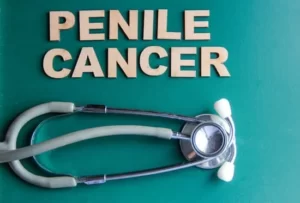
Signs and Symptoms
Penile cancers often form around the foreskin. You may notice a lesion or an ulcer-type sore. If it fails to heal after a few weeks, you should immediately consult your urologist. Other signs and symptoms may include bleeding under the foreskin of the penis, thickening of the skin, lumps on the penis, or pain during intercourse or when urinating.

Risk Factors
More research is needed to better understand the causes of penile cancers and tumors, but the following risk factors should be noted:
- Smoking or other tobacco use
- Poor genital hygiene
- An inability to retract the foreskin (phimosis)
- Men infected with HIV or AIDS
- Men with antibodies from Human papillomavirus (HPV)
Call for an appointment with one of our Urology Oncology Specialists if you are concerned.
Treatment
Penile cancer treatment depends on how advanced the cancer is, but it is typically treated with a combination of surgery, chemotherapy, and radiation.
Your post-treatment experience will depend on the severity of the cancer. Early detection is essential for better chances of cure.
Prevention
It is important to note any changes in the appearance of your penis and see your urologist promptly. Men are less likely to suffer from penile cancers if they are circumcised and maintain good genital health and hygiene. Maintaining a healthy lifestyle that promotes good blood flow and circulation will contribute to excellent urological health.
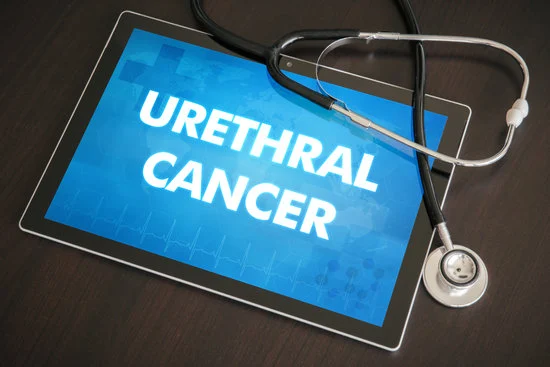
Urethral Cancer
Cancer of the urethra, the tube that carries urine from your bladder to your penis, rarely occurs in younger men (or women), but older men are at a slightly higher risk.
The good news is that urethral cancer is not very common, accounting for less than 1% of all cancers.
Signs and Symptoms
Some common signs of urethral cancer include burning or pain during urination, blood in your urine, having trouble starting your flow, frequent urination, especially at night, urine incontinence, or discharge from your urethra.
The signs and symptoms of urethral cancer may resemble other conditions or medical problems. Always consult your doctor for a diagnosis.
Treatment
Various treatments are available for urethral cancer. The main goal of treatment is to cure urethral cancer and prolong life as long as possible.
Treatment may consist of surgery, radiation therapy, and chemotherapy.
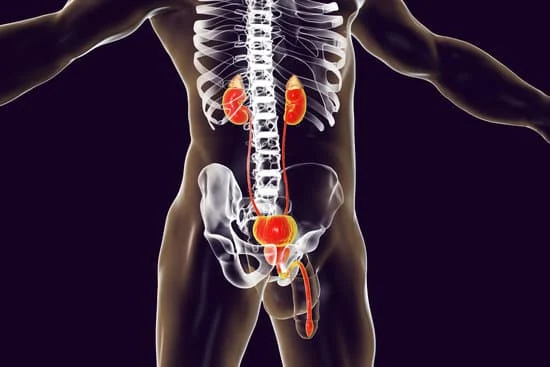
Speak to one of our Urology Experts for Caring and Dependable Advice
TVUC ~ Proudly Helping Men in our Communities with their Urological Health
You can rely on the expert and competent care you will receive from the Tennessee Valley Urology Team at our Cleveland and Athens offices. Call us today to book your appointment to discuss your symptoms and get results – FAST!
Treating Patients in Cleveland TN and the surrounding towns
- Benton
- Hopewell
- McDonald
- Ocoee
- Ooltewah
- Reliance
- Snow Hill
- South Cleveland
- Wildwood Lake
Helping Patients in Athens TN and the the surrounding towns
- Decatur
- Etowah
- Madisonville
- Niota
- Riceville
- Sweetwater
- Williamsburg
Supporting Patients around Copper Basin, Georgia GA, North Carolina NC
- Ducktown
- Harbuck
- Wildwater
- Blue Ridge
- Mccaysville
- Murphy
